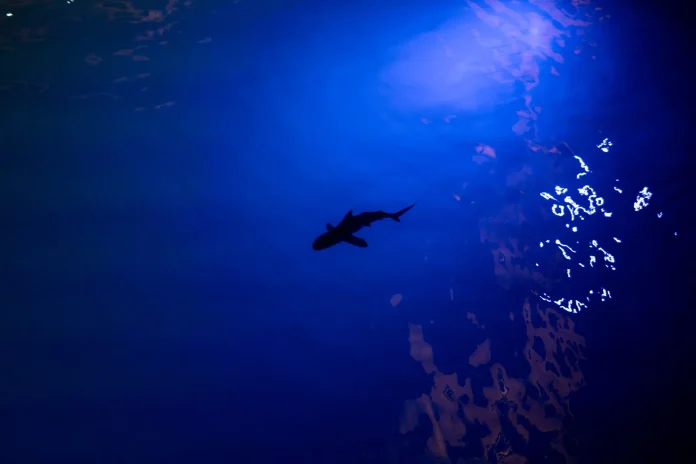Friday marks the end of a summit on the state of the world’s oceans, where countries tested deep-sea mining technologies and took steps to protect unprotected areas of the open sea.
However, the UN Ocean Conference is unlikely to yield any significant new financial commitments for the poorest island states, and many delegates are also disappointed that the issue of fossil fuels has been removed from the agenda.
France welcomed more than 60 world leaders, as well as thousands of scientists, business leaders and marine conservationists, to the southern city of Nice for the five-day event. It was only the third time that countries had gathered at the UN level to discuss ocean issues, and it was the largest gathering of its kind to date.
Ocean is the ultimate shared resource
At the opening of the summit, Secretary-General António Guterres delivered a stark warning about human activities that are destroying the marine environment. “The ocean is the ultimate shared resource,” he told delegates in the port of Nice.
Guterres reminded us that the ocean absorbs 90 per cent of excess heat from greenhouse gas emissions and is no longer able to cope with the burden: overheating, overfishing, plastic pollution and acidification.
Coral reefs are dying and fish stocks are being depleted. Rising sea levels could soon flood coastlines and river deltas, destroy crops and threaten the existence of island nations.
The abyss is not for sale, Macron says
French President Emmanuel Macron, whose country co-organised the conference with Costa Rica, made a bold statement in defence of science, international law and collective action.
“The abyss is not for sale, just as Greenland, Antarctica or the open sea are not for sale,” he emphasised. “When the earth heats up, the ocean boils,” he added.
Many countries, including Colombia, Greece and Samoa, took the opportunity to announce plans to create vast new marine parks and protected areas. Others announced restrictions on bottom trawling, a destructive fishing method highlighted in David Attenborough’s documentary, which went viral ahead of the summit. However, marine organisations praised efforts to ratify a historic agreement to protect marine life in 60% of the oceans beyond national waters. France had hoped that the 60 ratifications needed for the open seas treaty to come into force would be secured in Nice.
By Thursday evening, 51 countries had ratified the agreement, which Rebecca Hubbard of the High Seas Alliance called “an important milestone in the protection of the oceans.”
“We welcome this incredible progress, but urge all other countries to ratify the treaty without delay,” she added.
The conference aimed to mobilise global action to protect the marine environment amid disputes between countries over global rules on plastic pollution and seabed exploration.
More than 90 ministers adopted a symbolic declaration in Nice confirming their support for the strongest possible plastics treaty to be discussed at negotiations in August. The conference also provided an opportunity to defend the role of science and rules-based governance of shared resources, particularly the unexplored depths of the oceans.
Global rules for the ocean floor
Alarmed by the unilateral actions of US President Donald Trump to accelerate deep-sea mining, leaders called for strict global rules for the ocean floor to stop a destructive race for critical minerals. An international body on the seabed will meet in July to negotiate these rules.
The conference is being held in a specially equipped complex overlooking the historic harbour of Nice, Port Limpia, which has been converted into a protected diplomatic “Blue Zone.” On Sunday, a symbolic flag-raising ceremony for France and the UN took place here.
In addition to the official negotiations, the opening of the conference was also accompanied by traditional events. Polynesian eco-activist Ludovic Burns Tuki played a sea shell.
“It’s a way to call everyone,” he explained. “I play the shell with the support of our ancestors.” In Polynesian maritime culture, the sound that Tuki “extracted” from the shell signifies a peaceful arrival. “We are not just countries. We must think as a single system because we have one ocean, we are one people, and we have a common future,” Tuki said.
